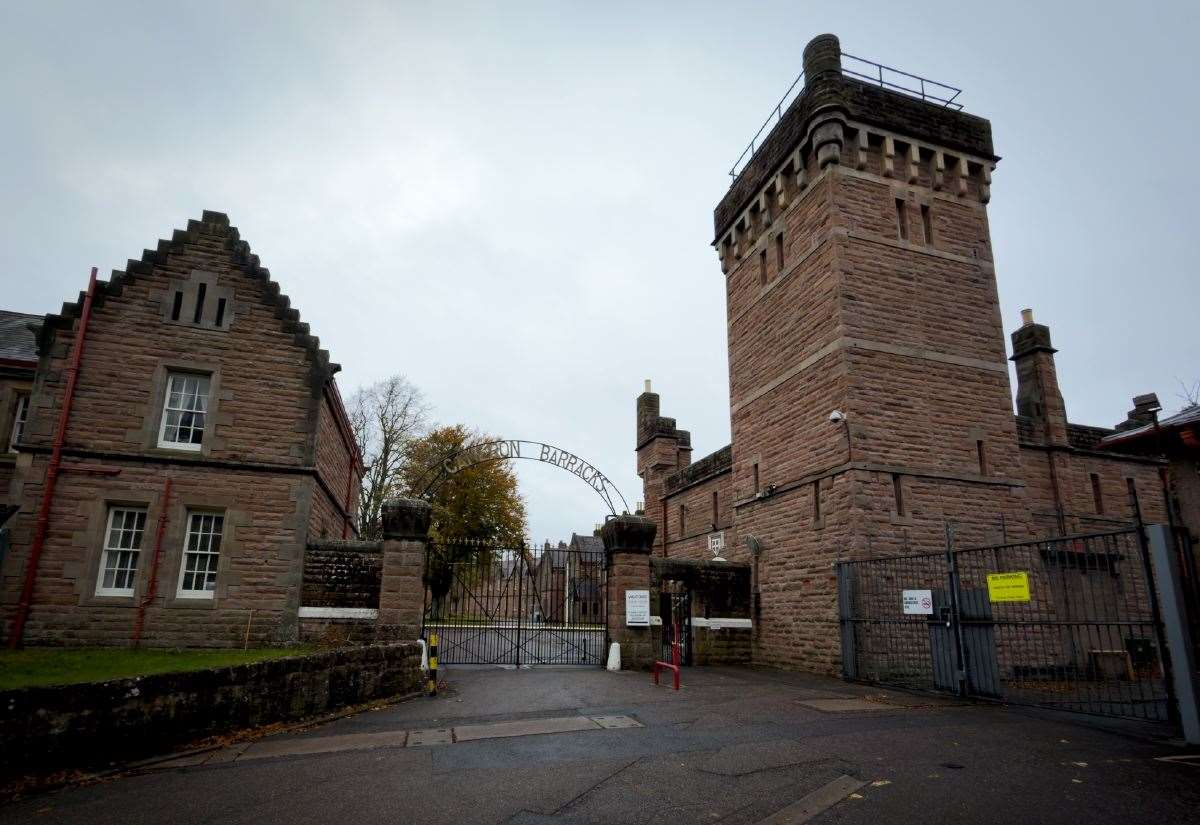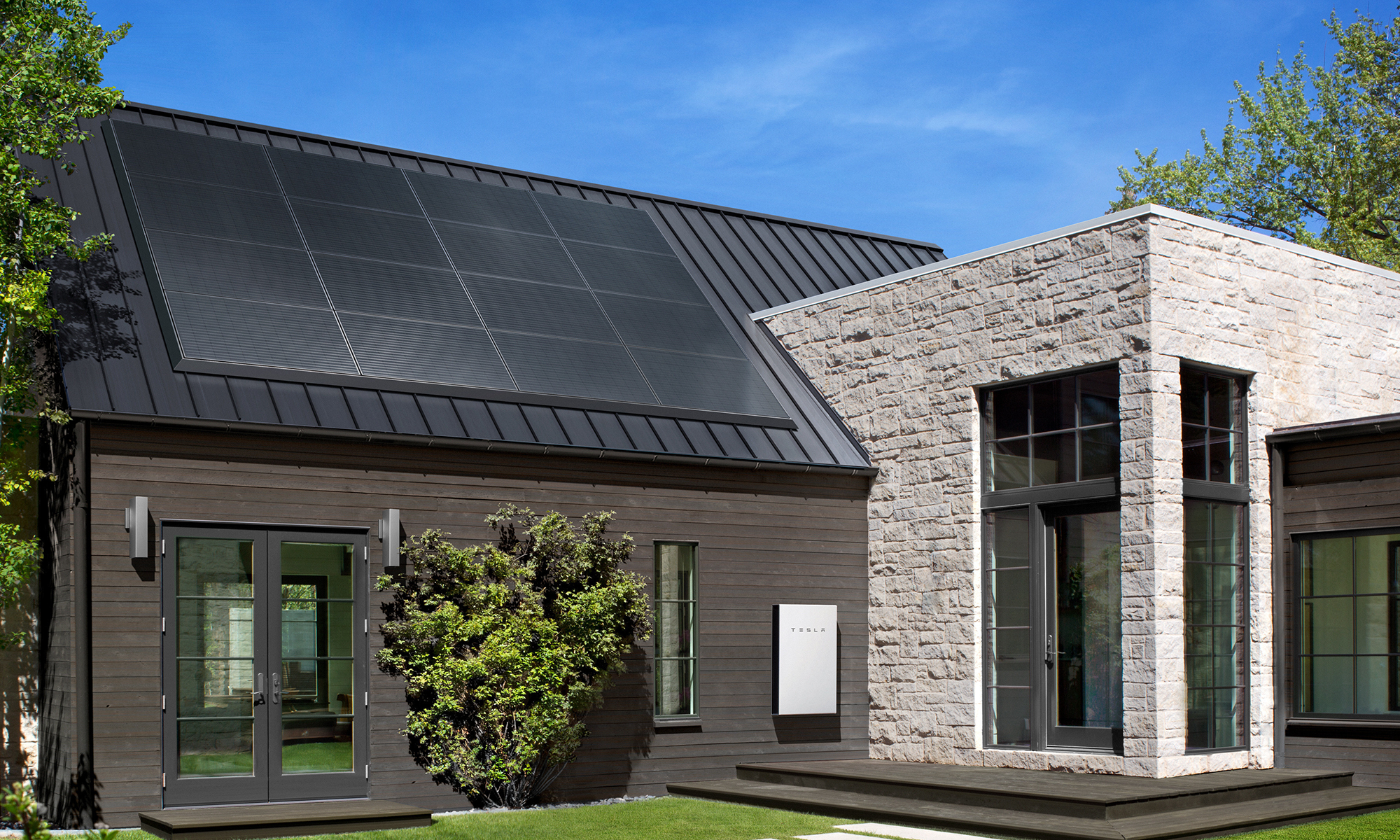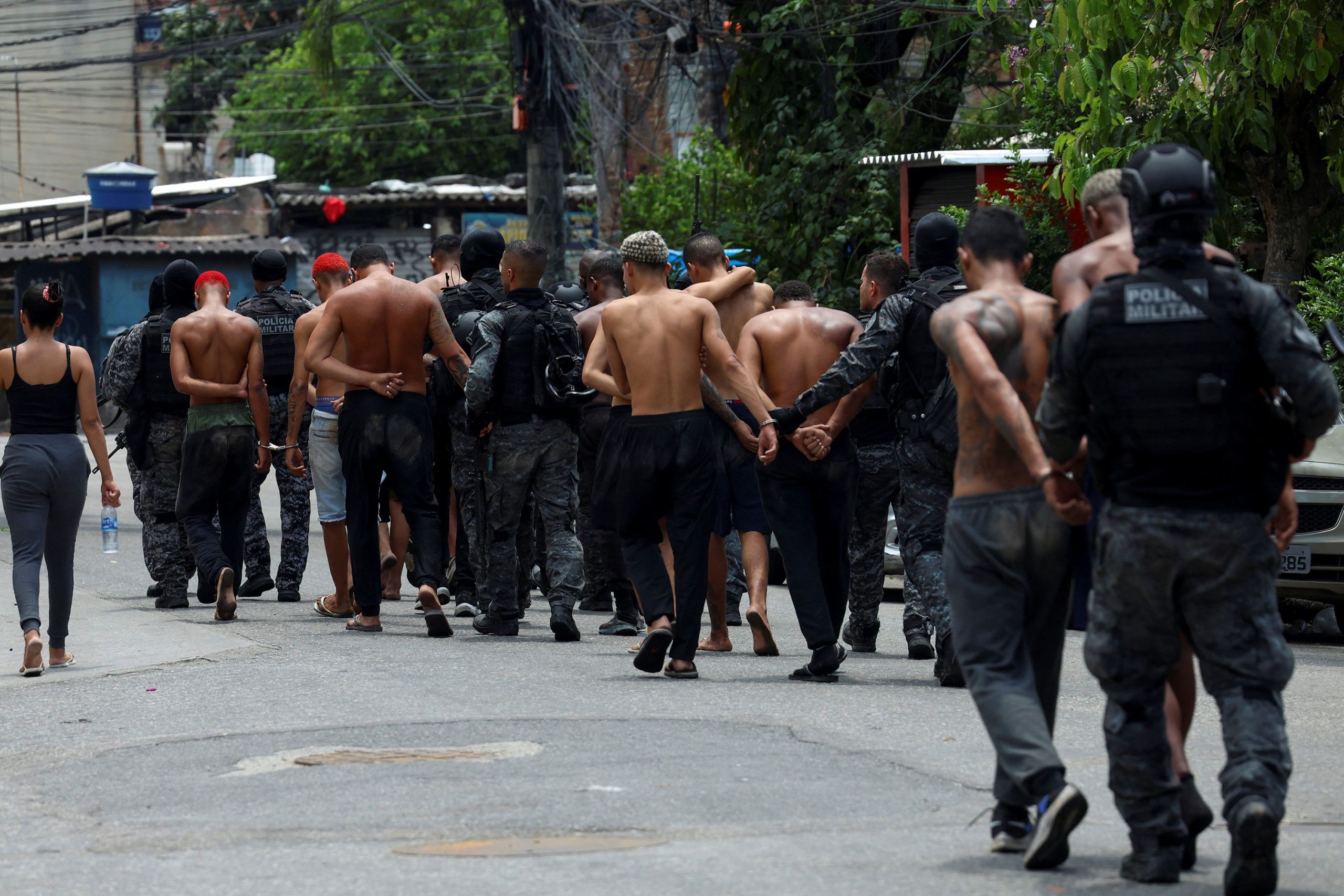Copyright inverness-courier

There have been warnings of a tsunami of trouble on its way. Calls for protests. And predictions that mobs will be roaming the streets of Inverness. This is just a snapshot of some of the toxic and alarmist rhetoric which has erupted on social media following revelations that the city's Cameron Barracks could house 300 single male asylum seekers. Flags have started to appear on the road leading to the army barracks and we have heard there was a police presence outside Highland Council HQ this morning in what is thought to be a bid to quell any protests. Among the direct messages sent to our newsroom, one stated: “We do not want approx 200 potential terrorists living in our town/city.” Really? At which point do people seeking sanctuary suddenly transform into terrorists? * Who is defined as an asylum seeker? • Asylum seekers to be housed in Inverness Cameron Barracks The asylum plan announcement, which took many local politicians and community leaders by surprise, has understandably prompted legitimate concerns about whether it is suitable and how it will work. There is justifiable criticism about the way the UK government has handled this and the lack of local consultation. There is a genuine, informed and balanced debate to be had and as a trusted news organisation at the heart of our local community, Highland News & Media is determined to play its part in that. But myself and many of my newsroom colleagues were appalled - but perhaps not surprised - by some of the toxic, misinformed and sometimes sinister comments posted by keyboard warriors many of whom do not appear to be local. Do their remarks tarnish Inverness with a reputation for being unwelcoming to those seeking a safe haven? The Gaelic phrase, Ceud Mile Fàilte - meaning a hundred thousand welcomes - is the unofficial motto for the Highland capital and often used in signs to extend a welcome to those coming to the area. But anyone reading some of the comments on social media would be left with the impression that those forced to flee war, persecution, hunger and hardship had better look elsewhere other than Inverness. Amid the maelstrom of reaction, posts have proclaimed: "We don't want them." "We"? On what grounds has a self-appointed voice for Inverness decided that the city is collectively against the idea? It certainly does not apply to myself and others I know. Are these views truly representative of the city? Or, is there a silent majority out there not speaking out? Words matter and as trained and qualified journalists, we endeavour to ensure that our reporting is accurate and fair, that people’s voices are heard. But as the debate played out on social media, those attempting to post an alternative viewpoint to the vitriol found themselves drowned out by words of ridicule. Is Inverness really devoid of compassion, humanity and tolerance? It was with great pride last year, I accepted an award recognising media coverage of asylum and refugee issues in Scotland. My winning entry featured interviews with displaced Ukrainian families in Inverness who had fled their homeland as it came under attack from Russia. At the award ceremony in Glasgow, I reflected that it had been a privilege to tell their remarkable stories. I was also proud to tell the audience about the welcome and support these Ukrainians - 750, mainly women and children - had found in the Highlands, a place where they had arrived, not knowing the culture or the language. Sadly, the negative narrative being thrown around in a casual manner serves to dehumanise the asylum seekers who may be housed in Cameron Barracks. It should be remembered each is an individual with their own story - most likely of desperation and despair in being forced to flee their homeland and leave behind their loved ones and friends. Nobody grows up dreaming of becoming an asylum seeker. Should we find ourselves in such a situation, how would we want to be treated? It would be a travesty if Inverness became known as a city which does not welcome those in need because we fail to listen to each other and debate in an informed and civil manner. Do you want to respond to this article? If so, click here to submit your thoughts and they may be published in print.



